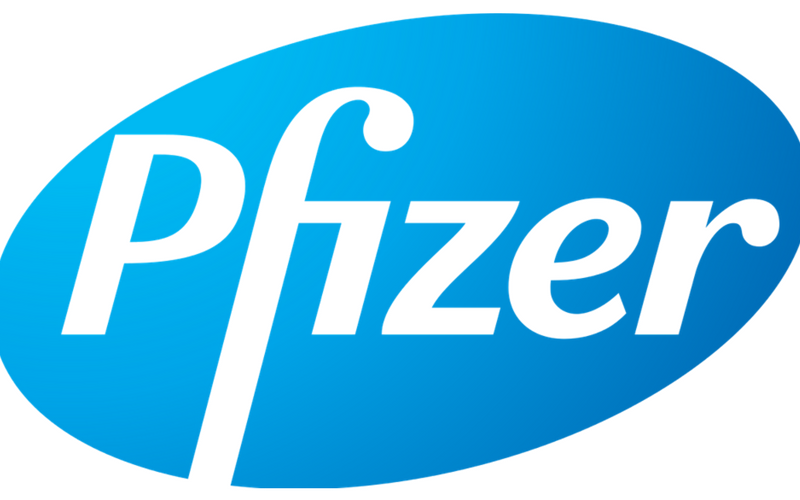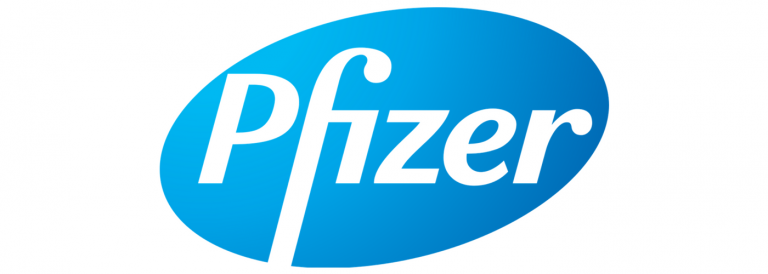Pfizer Inc. has initiated a Phase 1b clinical trial for its mini-dystrophin gene therapy candidate, PF-06939926, in boys with Duchenne muscular dystrophy (DMD). The first boy received an infusion of the mini-dystrophin gene on March 22nd, administered under the supervision of principal investigator, Edward Smith, MD, Associate Professor of Pediatrics and Neurology at Duke University Medical Center. Screening and enrollment of patients is expected to continue at up to four clinical research sites in the United States. Early data from this trial are expected in the first half of 2019, once all patients have been evaluated for one full year post-treatment.
The multi-center, open-label, non-randomized, ascending dose study of a single intravenous infusion of PF-06939926 will enroll approximately 12 ambulatory boys aged 5 to 12 years with Duchenne. In addition to evaluating safety and tolerability, the study will evaluate measurements of dystrophin expression and distribution, as well as assessments of muscle strength, quality and function. As part of the screening process, potential candidates for treatment will be tested to confirm a negative result for antibodies against the adeno-associated virus serotype 9 (AAV9) capsid and for a T-cell (immune) response to dystrophin.
“Investment in this trial represents the culmination of years of research on behalf of patients by scientists at Pfizer and academic medical centers, along with the support of the DMD patient advocacy community, in the important quest to advance a program that could potentially change the trajectory of this debilitating disease,” said Greg LaRosa, PhD, Senior Vice President and Chief Scientific Officer of Pfizer’s Rare Disease Research Unit. “We’ve listened to the patient community and we know there is a dire need for treatment options; with this in mind, we have built on important scientific advances to design a therapy with the potential to deliver the mini-dystrophin gene to the body and address the underlying cause of DMD, regardless of mutation. This trial will assess the safety of this approach to gene therapy and could provide valuable data demonstrating its potential impact to slow down or stop the progression of DMD.”
About the Investigational Gene Therapy, PF-06939926
Duchenne is caused by an absence of dystrophin, a protein that helps keep muscle cells intact. In the absence of dystrophin, muscle cells deteriorate. PF-06939926 is an investigational, recombinant AAV9 capsid carrying a truncated or shortened version of the human dystrophin gene (mini-dystrophin) under the control of a human muscle specific promotor. The AAV9 capsid was chosen as the delivery mechanism because of its potential to target muscle tissue.
PF-06939926 was granted Orphan Drug and Pediatric Rare Disease Designations by the FDA and Orphan Medical Product Designation by the European Medicines Agency in May 2017.
More information about the current clinical trial can be found at www.clinicaltrials.gov (NCT03362502).
Further reading
-
More about gene therapy
-
Get up to the minute news
-
Attend the Conference 2018



 Wave enter into collaboration with Deep Genomics to expand research programme
Wave enter into collaboration with Deep Genomics to expand research programme
